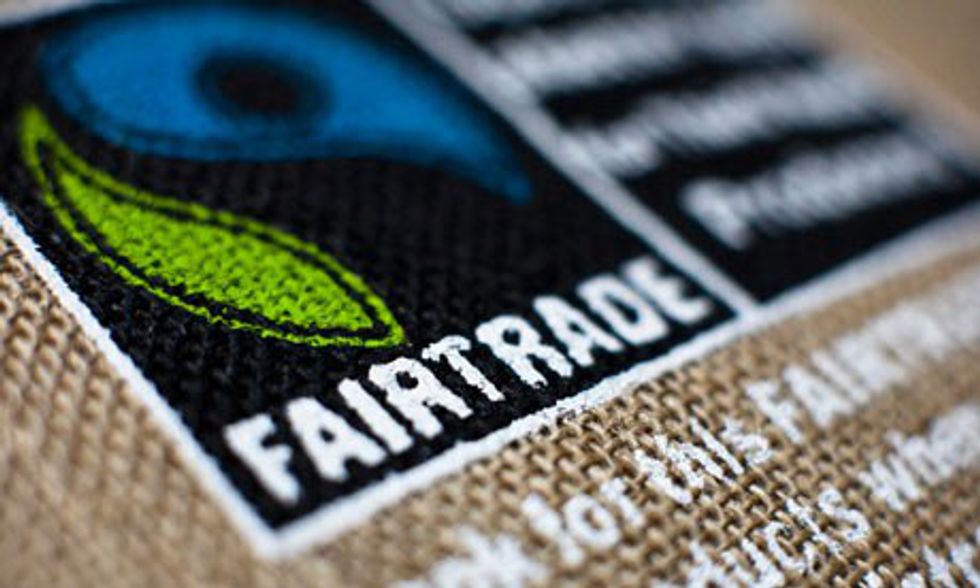Buying ethically can seem like a daunting, if not impossible, task. We, as modern consumers, have become far removed from the production of the goods we buy. So much of what's stocked on store shelves comes from countries with very few labor and safety laws. Elements necessary to manufacture the chips in our smartphones, for example, are often mined from the Congo, where workers are treated inhumanely and profits from mineral wealth go towards funding warfare in the Republic. Finding specific information about the origin and manufacture of many products can be a difficult and frustrating process, too.
I think many people worry that trying to buy ethically will be expensive and inconvenient, but it doesn't necessarily have to be that way. Here's a few tips on how to do a little less harm as a consumer without sacrificing your wallet or a ton of your time and energy.
1. Buy second hand or used goods whenever possible
Buying secondhand is the best and, in my opinion, easiest way to become a more ethical shopper. When you buy secondhand goods, you're ensuring that an existing piece of clothing, furniture, etc. doesn't end up in a landfill, and, at the same time, lessing the demand for a new product. It's also generally cheaper than buying new, and a happy bank account makes for a happy life.
2. Buy local
Supporting local businesses accomplishes several goals. First and foremost, most of the money you spend is going to stay within the community, helping the local economy thrive. Also, local business owners often have strong relationships with the manufacturers of their products and are more likely than your Big Box store employee to know how what they sell is made.
3. Try your hand at DIY
DIY isn’t a perfect solution, because you still have to consider where the materials used to make your new thing came from. However, what I love about the DIY movement is that there’s a focus on repurposing items that are already secondhand and turning them into beautiful, stylish household items. With DIY, you can go big, dabbling in sewing and light construction, or you can stay small, such as recycling old wine bottles to make outdoor party decorations. Either way, you’ll be rewarding with the satisfaction of having made something yourself.
4. Look for Fair Trade products
The aim of the fair trade movement is to ensure that workers in developing countries receive fair, livable wages for their work. You can drive yourself a little crazy looking for everything Fair Trade, but a fair trade certification is most important when purchasing products from an industry that is known to use child or slave labor, like coffee or cocoa.
5. Be informed
Like I said before, the prospect of having to do research on the ethics of a particular company or product can be downright intimidating. But, websites like goodshoppingguide.com and ethicalconsumer.org and "The Art of Simple's" ethical shopping guide makes learning about your favorite companies a little easier, often assigning an ethics rating to companies based on a number of variables. The more you know, the more empowered you are to make independent decisions, even when it means picking the lesser of two evils when deciding which Big Box store to visit.
6. Just do what you can
Becoming a more conscious buyer shouldn’t be an exercise in judgment, either of yourself or anyone else. It’s okay to start really small, even if it means you boycott just one store whose corporate ethics don't line up with your own. There’s no need to run out and buy a phone with a “conflict-free” chip if it’s not financially feasible. One small change can go a long way.s It's all about being aware and supporting, as much as possible, companies and non-profits which mirror your own personal values.
























